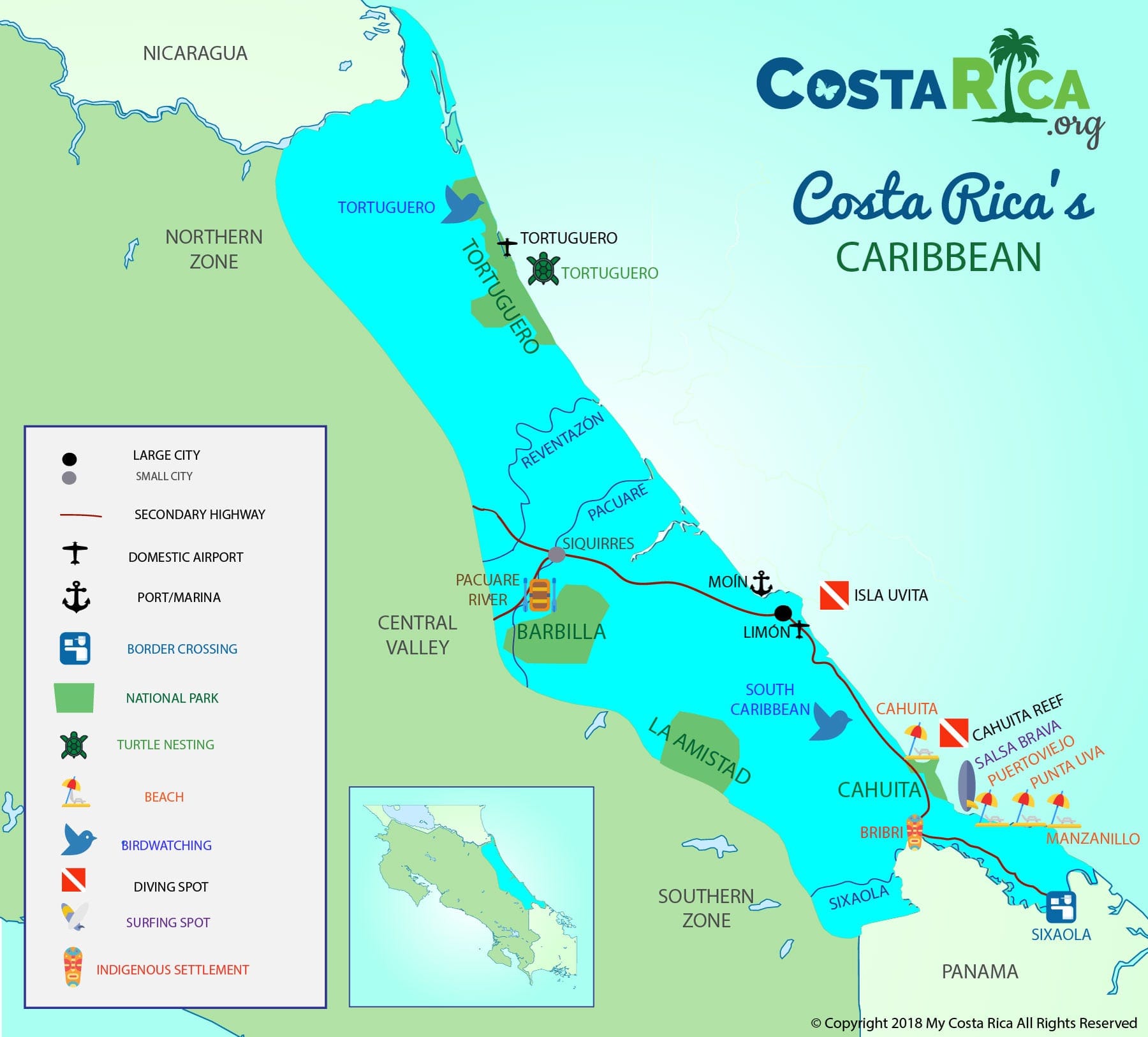New Jersey has initiated legal action, requesting a judge to issue a temporary restraining order to prevent the implementation of congestion pricing in Manhattan. This plan, set to begin this Sunday, would impose tolls on vehicles entering specific areas of Manhattan. The state of New Jersey asserts that the tolling system will disproportionately harm New Jersey residents and businesses. The legal filing also contends that the program does not adequately address the environmental and traffic challenges it purports to mitigate. The New Jersey Attorney General’s office officially filed the request, escalating the ongoing dispute over the contentious congestion pricing scheme.
The request for a temporary restraining order is the latest move in a protracted battle surrounding the congestion pricing plan. It has involved various stakeholders, including New Jersey officials and the Metropolitan Transportation Authority (MTA), the agency overseeing the tolling implementation. Proponents of the plan, including New York City and MTA officials, claim it will reduce traffic congestion, improve air quality, and generate funds for public transportation improvements. They argue that the system is a necessary measure to combat the increasing traffic that plagues Manhattan’s central business district and to promote mass transit usage.
New Jersey officials have consistently voiced concerns about the plan’s potential to disproportionately burden New Jersey commuters who travel into Manhattan for work, leisure, or business. The state argues that the economic impact on New Jersey residents and businesses would be significant, potentially diverting traffic to other already congested routes. In particular, the state is concerned about small businesses and their ability to absorb the extra costs associated with the tolls. The officials have also emphasized the absence of adequate mitigation measures to protect drivers and communities from the consequences of the congestion pricing structure.
The legal action filed by New Jersey alleges that the MTA has not followed proper regulatory procedures in developing and implementing the plan. This includes the claim that the authority failed to fully consider the environmental consequences of the congestion pricing scheme or assess its impact on neighboring areas. Furthermore, the filing emphasizes that the MTA has not given proper consideration to alternative solutions that might be less detrimental to New Jersey. The lawsuit details alleged procedural irregularities and suggests a lack of transparency in the decision-making processes that led to the impending roll-out.
The judicial intervention requested by New Jersey aims to halt the start of tolling while the legal challenges are thoroughly evaluated. The legal team representing New Jersey will present evidence to demonstrate the potentially irreparable harm that would be inflicted on its citizens and its economy if the tolling system commences without further consideration. It remains uncertain whether the judge will grant the request, given the complex legal and political ramifications of such a decision. However, the filing underscores the significant opposition and concerns surrounding the congestion pricing plan.
The implementation of congestion pricing in Manhattan has been a subject of debate for several years. It has been met with resistance from various quarters, including residents, business owners, and political figures from surrounding areas, especially New Jersey. Many critics have questioned the fairness and efficacy of the tolling system. They argue that it will disproportionately affect low-income individuals and exacerbate economic disparities. Supporters of the plan, however, maintain that the tolling is necessary for the sustainability of the region and that it will lead to a more equitable and efficient transportation system.
The court case is anticipated to be a pivotal one, and the ultimate decision will have long-lasting implications for Manhattan’s transportation landscape and its neighboring communities. The legal arguments and testimonies will focus on the interpretation of environmental laws, the procedural compliance by the MTA, and the overall balance between the economic interests of different regions. A decision in favor of New Jersey could significantly delay, or even prevent, the commencement of congestion pricing, while a ruling in favor of the MTA would clear the path for the program to proceed on its planned schedule.
The scheduled start date of the congestion pricing plan is rapidly approaching, and the legal filing by New Jersey introduces further uncertainty into its immediate future. This situation highlights the complexity of regional transportation planning and underscores the challenge of implementing large-scale infrastructure projects that impact a diverse range of stakeholders. Public interest is heightened as the courts deliberate on whether or not to intervene and temporarily halt the beginning of the toll system, thus allowing for a more detailed review. The outcome of the judge’s ruling will be closely monitored by commuters, business owners, and government officials on both sides of the Hudson River.



